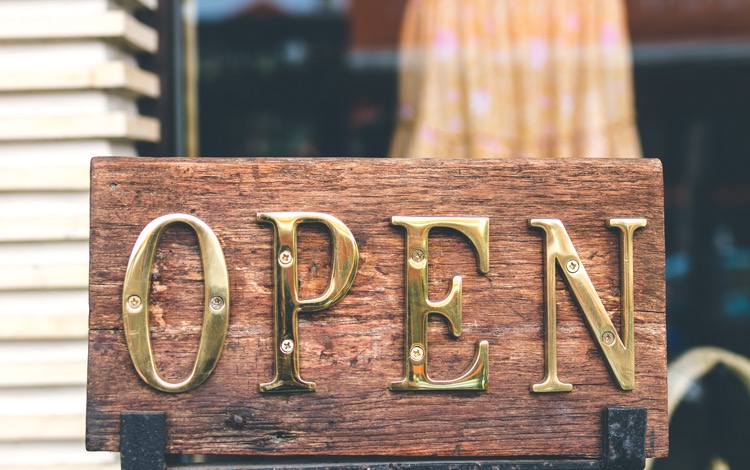
It’s always exciting and scary to begin the process of learning a new language, especially when there’s a deadline to learn basic conversational skills. A lot of Africans are already bilingual. Adding a new dialect into the mix can make things just a tad bit confusing. Imagine your inner monologue speaking in three different languages. Sofia Vergara on the modern family once asked, “Do you know how frustrating it is to have to translate everything in my head before I say it?”
But to make things easier for you, aspiring travelers, we’ve compiled a list of easy ways to learn new languages before it’s time to take off to another country. Maybe you need this for work, or just for the fun of it. These suggestions work like a charm, as long as you’re consistent in the process of learning.
Language apps:
Language learning apps are great for beginner language learners. But note that a lot of these apps just jump right into the lesson. Some don’t teach you conjugation. You might have to pick up on that as you progress through the lessons. Language apps are pretty effective because of the repetitions. Repetition breeds habits.
Books and dictionaries:
To learn a language, it’s first important to learn how to conjugate. You will also be required to learn sentence structures and constructions. There are lots of good books out there that contain a detailed course on learning your chosen language. Dictionaries are also important because it might not be easy for you to learn all the words before you travel. Smaller dictionaries provide you with a good reference point for when or if you are stuck. Dictionaries by Collins are good ones to purchase. Some of their language dictionaries actually serve as both a textbook and a dictionary.
YouTube courses:
There are lots of free YouTube language courses. Some, like books, give a detailed breakdown of the step-by-step process to learning a language. This is especially good for people who learn better through a teacher-student setting.
Podcasts:
There are a lot of podcasts that offer, like YouTube courses, a breakdown of learning a specific language. Some podcasts even contain stories in the languages you want to learn so that you can practice your listening skills.
Language exchange:
Are you a good teacher? Or are you looking for someone you can speak your intended language to, and who wants to speak your mother tongue? There are a lot of apps created specifically for dialect exchange. This is almost similar to learning from the locals except that you will also have to offer an equal service.
Personal experience:
What better way to learn than through personal experience? Experience is the best teacher they say. Learning a language directly from the locals is a great way to pick up on a language fast, especially if you already have prior knowledge of it. You get to learn the actual pronunciations, slangs, and shortened sentence constructions. Most lessons teach it formally, which may differ slightly from how they’re actually spoken in the country.
There is absolutely nothing stopping you from incorporating all of these methods to learn the lingo you want. The more the better. Especially if you don’t have a very long time to learn a dialect.






